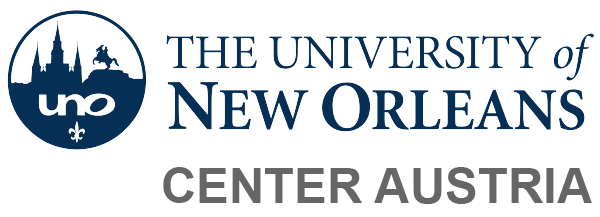
Publications
Contemporary Austrian Studies - CAS
Contemporary Austrian Studies (CAS) is a peer-reviewed publication dedicated to the empirical investigation of modern-day Austrian history, politics, and society. It is published jointly by University of New Orleans Press and Innsbruck University Press.
To order a recent volume, visit https://www.uno.edu/unopress
For older volumes, please consult Routledge.
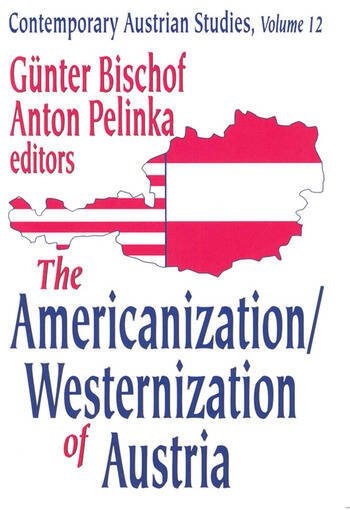
Volume 12: The Americanization/ Westernization of Austria
Political, economic, social, and cultural modernization dramatically transformed twentieth-century Austria. Innovative new methods of production and management, such as the assembly line, changed Austrian business after World War I. At the same time, jazz, Hollywood movies, television programming, and mass commodities were as popular in Austria as elsewhere in Western Europe.
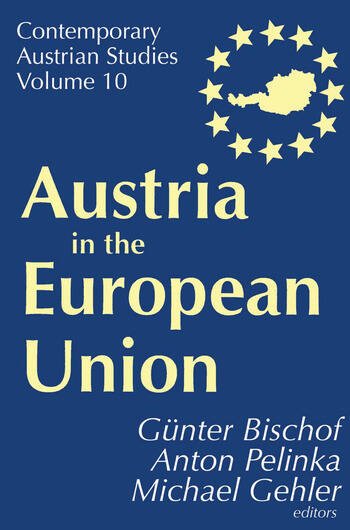
Volume 10: Austria in the European Union
Austria joined the European Union in 1995, with the overwhelming support of its citizenry. In June 1994, a record of 66.6 percent of the Austrian population voted in favor of joining the Union, and Austria acceded on January 1, 1995.
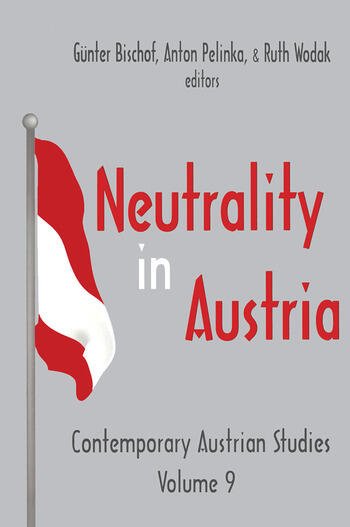
Volume 9: Neutrality in Austria
After Stalin's death, during a respite in Cold War tensions in 1955, Austria managed to rid itself of a quadripartite occupation regime and become a neutral state. As the Cold War continued, Austria's policy of neutrality helped make this small country into an important mediator of East-West differences, and neutrality became a crucial part of Austria's postwar identity.

Volume 8: The Marshall Plan in Austria
Perhaps no country benefited more from the Marshall Plan for assistance in reconstruction of Europe after World War II than Austria. On per capita basis, each American tax-payer invested $80 per person in the Plan; each Austrian received $133 from the European recovery program, more than any other of the sixteen participating countries.
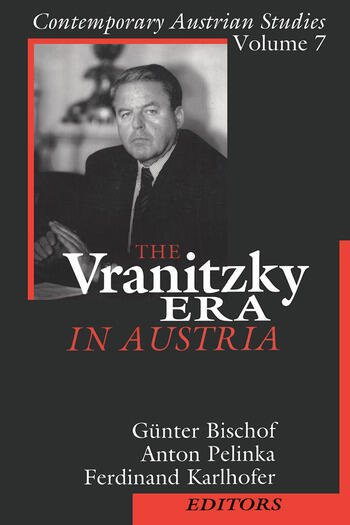
Volume 7: The Vranitzky Era in Austria
Franz Vranitzky was chancellor during ten years (1986-96) when the world dramatically changed in the aftermath of the cold war. The chapters in this volume try to assess Vranitzky's central role in recent Austrian and European history.
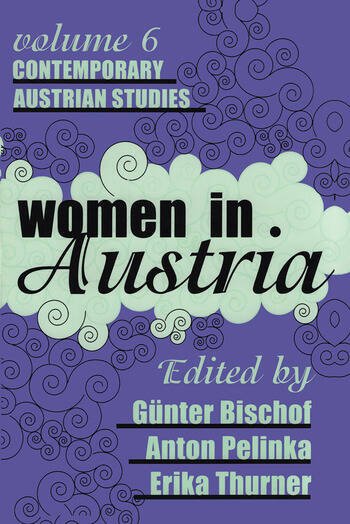
Volume 6: Women in Austria
This volume deals with the position of women in Austrian society, politics, and in the economy and shows that it follows the familiar trajectory of Western societies Women were expected to accept their“proper” place in a male patriarchal world.

Volume 5: Austrian Historical Memory and National Identity
After World War II, Austrian elites constructed a new identity based on being a “victim” of Nazi Germany. Cold- war Austria, however, envisioned herself as a “neutral island of the blessed” between and separate from both super- power blocs. Now, with her membership in the European Union secured, Austria is reconstructing her painful historical memory and national identity.
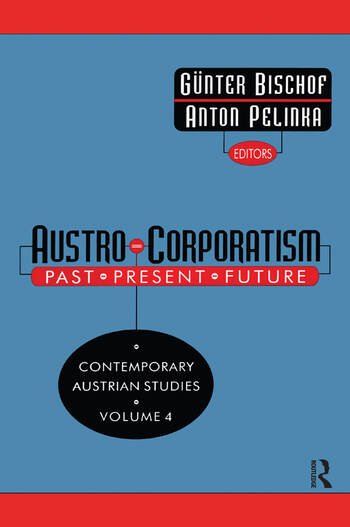
Volume 4: Austro-Corporatism: Past, Present, Future.
This effort in particular reflects the uniqueness of the Austrian corporation, and looks at its deep historical roots from a comparative continental European perspective.
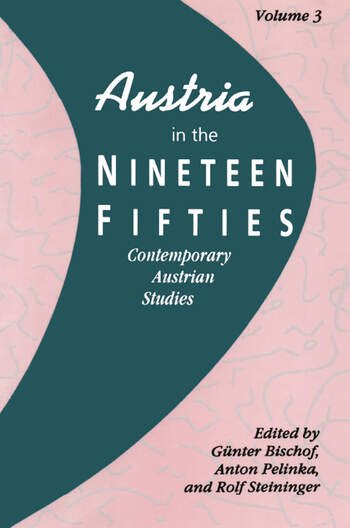
Volume 3: Austria in the Nineteen Fifties
Unlike in America, the decade of the 1950's was not remembered for affluence and harmony. Austria emerged from World War II with tremendous war-related destruction and a four-power occupation that would last ten years.
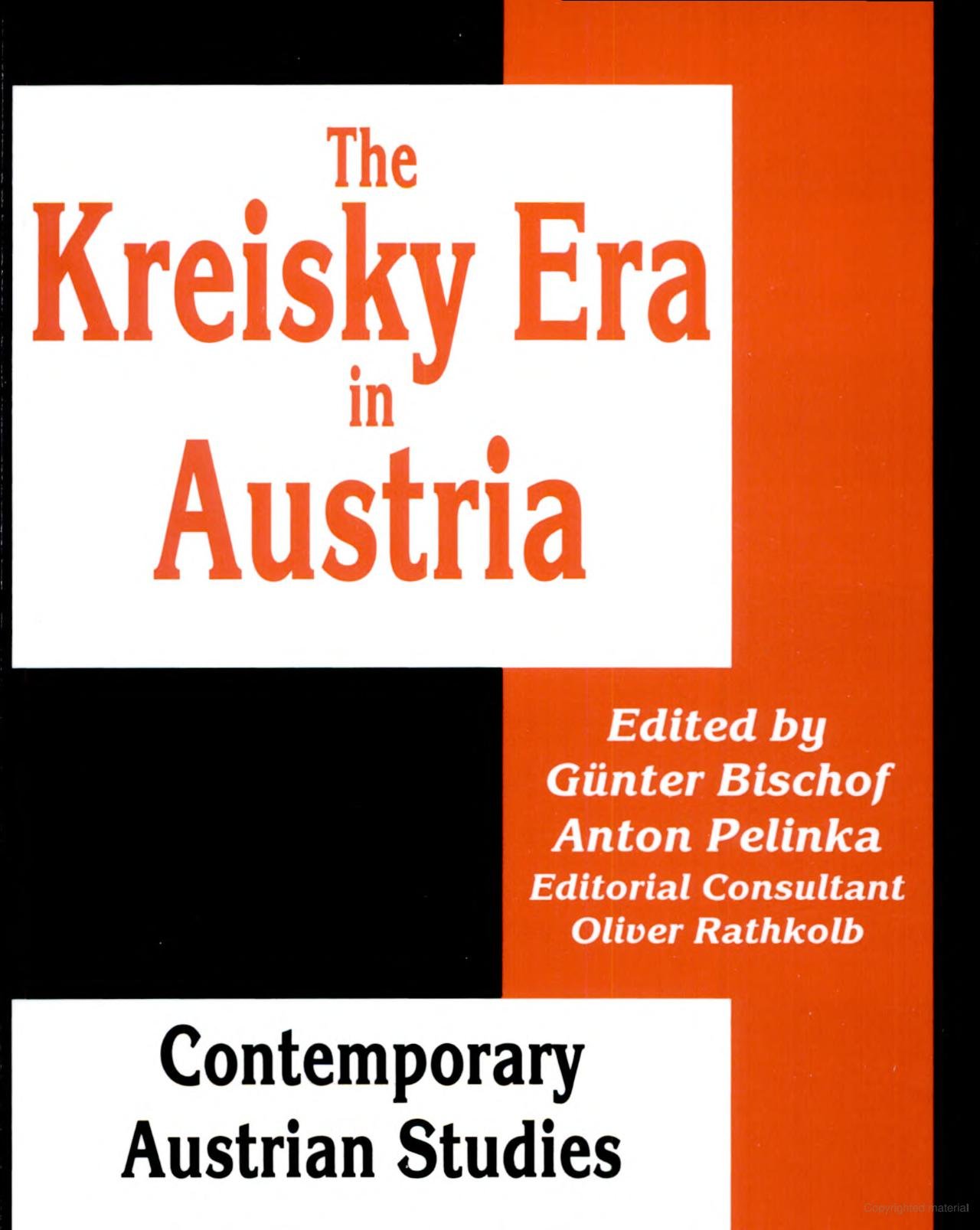
Volume 2: The Kreisky Era in Austria
This volume is dedicated to on of the country's greatest statesmen of the post-war period. Bruno Kreisky's career spans the turmoil that has confounded Austrian history throughout the 20th century.
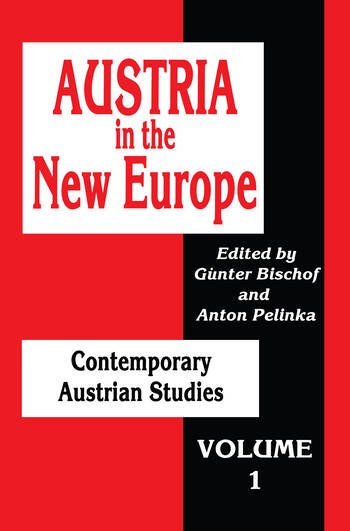
Volume 1: Austria in the New Europe
This is the first first volume in the Contemporary Austrian Studies Series. The contents include: "Austria and Western European Integration after World War II", Oliver Rathkolb; "Austrian Neutrality and the Europe of 1992", Paul Luif; and "The Transformation of Austrian Society and the New Europe", G. Prisching.
